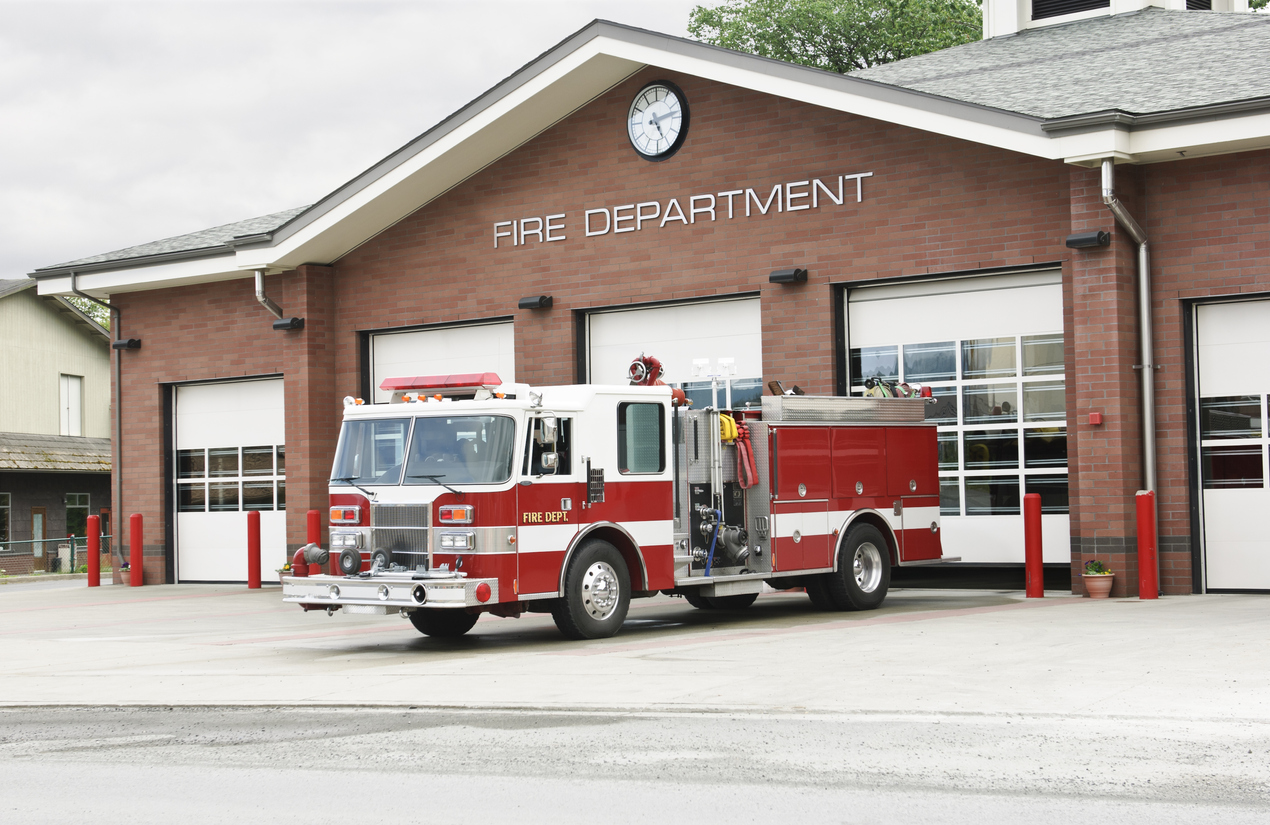
Do you currently insure fire departments? If so, your clients may be coming to you with a number of financial inquiries and concerns. Running a fire department comes with a number of recurring and sometimes hidden expenses that can quickly add up, making good budgeting and financial planning skills absolutely essential. Fortunately, you can help your clients understand the costs involved in operating a fire department so they can plan for the future. Here are some of the financial tips you can provide to your firefighter clients during your next meeting.
Understand the Expenses Associated with Hiring and Maintaining Your Workforce
Although your clients may not realize it, one of the biggest expenses for any fire department is keeping up with employee-related expenses. Hiring and maintaining a professional workforce involves numerous costs that can sometimes become burdensome, even for departments that rely heavily on volunteer labor. Make sure your clients know to budget adequately for:
- Employee salaries
- Employee benefits
- Worker-associated insurance costs
- Offices and workspaces
- Uniforms and equipment
Calculate Regular Upkeep, Maintenance, and Insurance Costs
Another factor that your clients should keep in mind when calculating their departmental expenses is the recurring costs of building and asset upkeep and maintenance and necessary insurance. These are typically regular expenses that are predictable and often unavoidable. The good news is that this can also make them easier to plan for. Some common examples of this expense type include:
- Building cleaning, upkeep, and regular office maintenance costs
- Equipment maintenance costs for fire trucks, fire hoses, worker uniforms, and more
- Insurance costs, including property insurance, general liability coverage, accident insurance, auto insurance, management liability coverage, and more
Build In a Buffer Zone to Avoid Sudden Financial Difficulties
In order to avoid financial disaster, your clients need to have a cushion built into their budget. This buffer zone will allow their department to keep paying bills and maintain adequate staff. No matter how big or small your client’s department is, your clients should:
- Avoid financing additional assets if it means taking on excessively burdensome debt
- Make sure the department has a surplus whenever possible to be able to pay off bills or replace key assets in an emergency
- Conduct regular audits to ensure the department remains in good financial health
Operating a fully functional fire department can involve a wide range of expenses, from employee-related costs to equipment and other asset maintenance to insurance costs and more. If your clients have been coming to you with a number of financial questions, this guide can help you advise them on prudent financial planning for the future. Try working through this agenda with your firefighter clients to help them understand and manage the true costs of running a fire department.
About Provident Fire Plus
At Provident Fire Plus, we offer custom-tailored packages to best protect firefighters and volunteer firefighters. We understand the risks that emergency response teams are subjected to on a daily basis and have worked to serve these dedicated professionals for over 87 years. For more information about our products and policies, we invite you to contact our experts today at (855) 201-8880.

